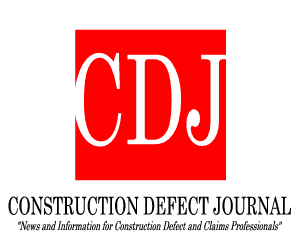
The regulations also require that developers and the entities funding these projects perform the following actions before, during and after the completion of their projects.
For the last few years, New York State Labor Law has required that all contractors overseeing public development projects pay their workers the prevailing wage rate, which includes a regulated hourly rate for wage and benefits. Fast forward to 2022, the requirements of Section 224-A are extending to private projects costing more than $5 million where 30% or more of the financing for the construction costs was obtained from public sources like state or local funding.
There are a number of forms of financing that qualify as public funding, and its important for developers to understand exactly how these are defined under the new law. Public funding includes any indirect or direct payment from government authorities, savings from fees, tax credits or payments in lieu of taxes, loans from public entities and more.
In order to provide further clarity, the law also clearly defined certain project exemptions to the new rule. First, affordable housing projects will not be affected, along with historic rehabilitation projects or small renewable energy projects. Also, projects for established non-profit companies receive an exemption as long as the company reports gross annual revenues less than $5 million. Other exemptions include projects for schools under 60,000 square feet and those funded by the Urban Development Corporation’s Restore New York's Communities Initiative.
Reprinted courtesy of Nancy Cox, Construction Executive, a publication of Associated Builders and Contractors. All rights reserved.




